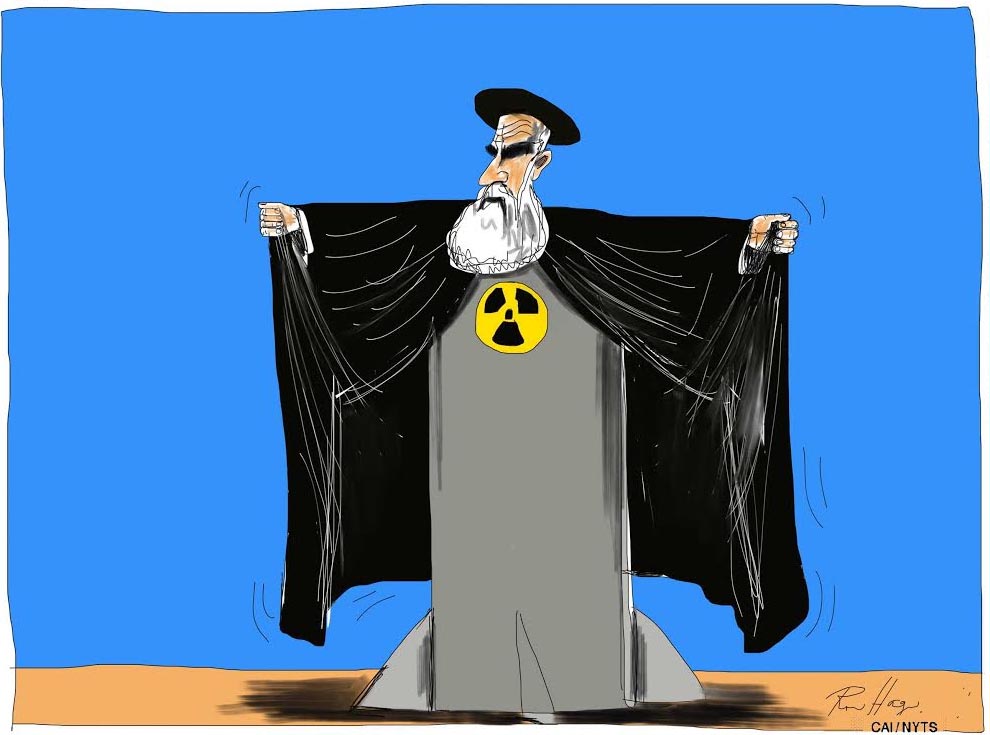The Middle East has had more Nobel peace prizes awarded than any other region yet peace remains as distant a prospect as ever. It is also the setting for repeated failures to meet agreed deadlines. The failure to convene a conference on a zone free of weapons of mass destruction has put at risk the outcome of next year's NPT Review Conference. The latest example is the failure to conclude a comprehensive agreement to end Iran's nuclear program in order to eliminate suspicions about possible weapons dimensions to the program as a condition of lifting sanctions on Iran.
Iran may be paranoid but, as the saying goes, even the paranoid have real enemies. It might have an interest in nuclear weapons precisely because it lives in a particularly threatening environment that includes five nuclear-armed states (Israel, Pakistan, India, Russia, China). Non-Arab Shiite Iran is also surrounded by a string of deeply hostile Sunni-ruled Arab regimes. Additionally, American ground troops and warships are deployed in large numbers in surrounding seas and territories. Britain and the U.S. also have intervened repeatedly in Iran and have a record of almost unbroken bellicose rhetoric against the Islamic republic. The country's nuclear program has been subjected to cyber-attacks by the Stuxnet computer worm.
In 2011, referring to Libyan leader Moammar Gadhafi, Iran's Supreme Leader Ayatollah Ali Khamenei said: "this gentleman wrapped up all his nuclear facilities, packed them on a ship and delivered them to the West and said, 'Take them!' ... Look where we are, and in what position they are now."



















With your current subscription plan you can comment on stories. However, before writing your first comment, please create a display name in the Profile section of your subscriber account page.